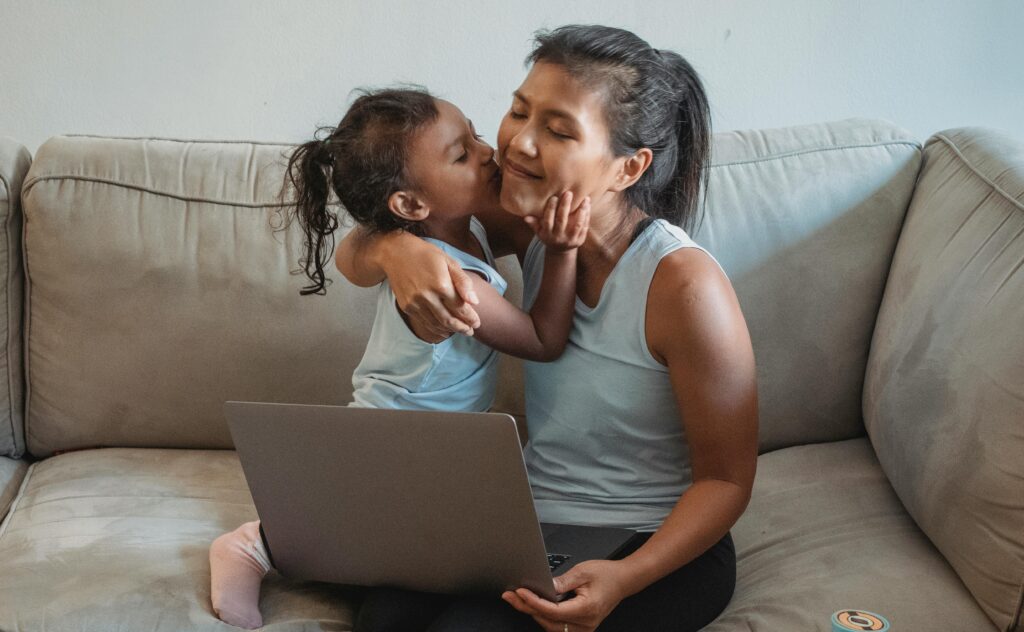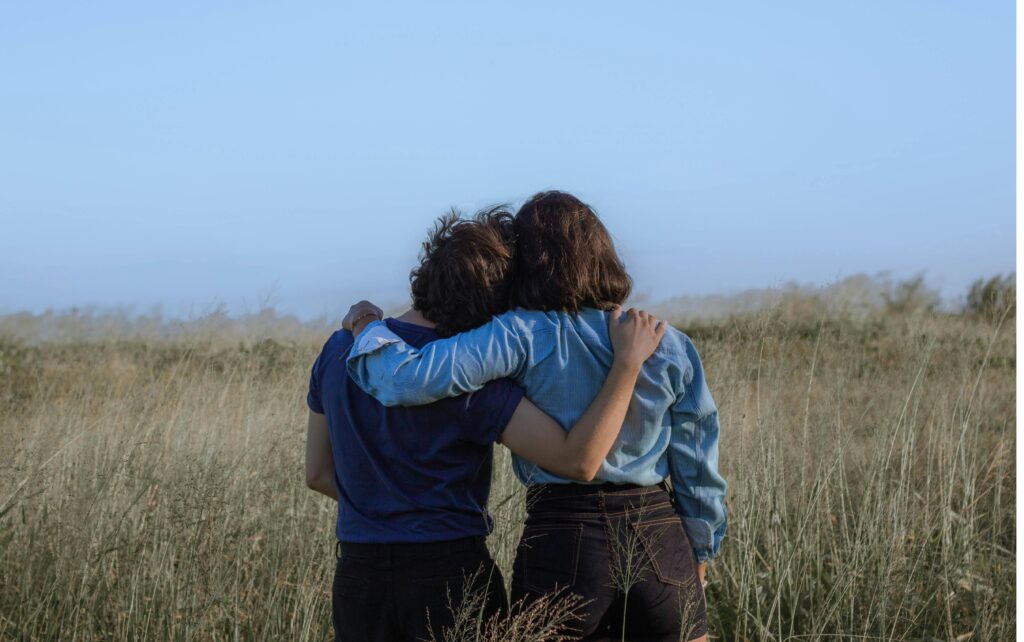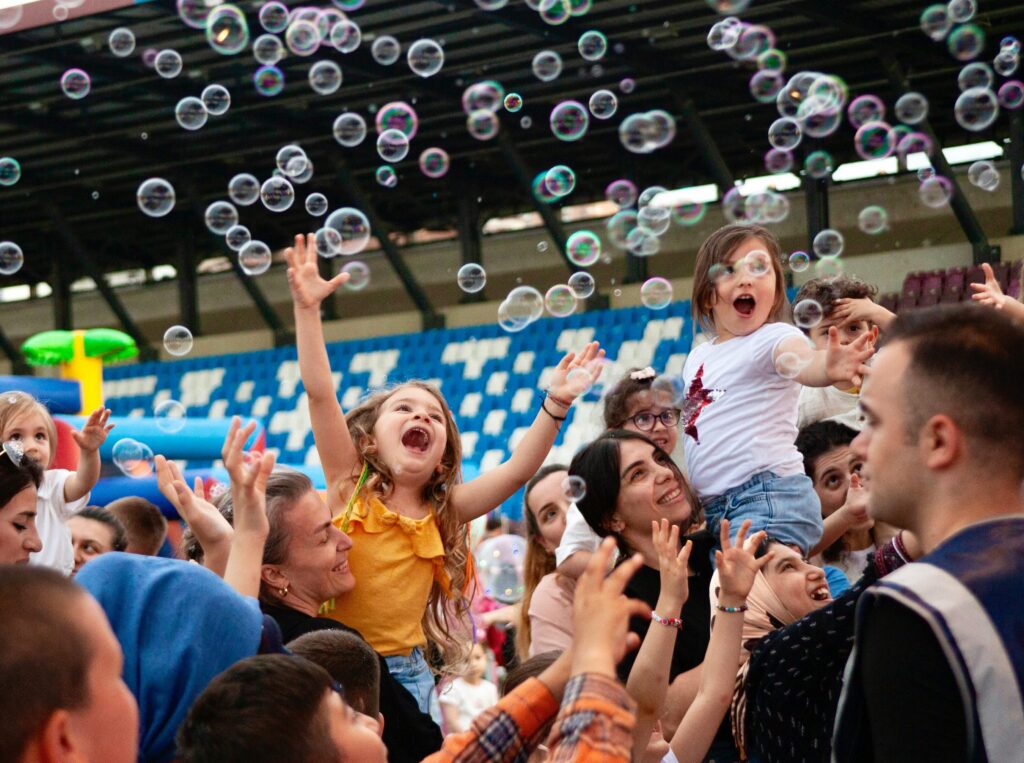When you’re raising, teaching, or caring for a neurodiverse child, it can sometimes feel like you’re navigating a world that wasn’t built with your child in mind. The questions come in waves:
Am I doing the right thing? Where do I go for help? Who really understands what this feels like?
The truth is, you’re not alone. And you were never meant to do this alone.
That’s where the MindMeld Community comes in—a safe, supportive space where families, educators, and caregivers come together to share, learn, and grow with the kind of honesty and compassion that’s often missing in traditional spaces.
More Than a Support Group
Online communities for families, educators, and caregivers of exceptional learners have grown in recent years—but not all are created equal. The ones that make the biggest difference go beyond just answering questions or sharing links. They create space for honest conversations, shared experiences, and emotional support—the kind you can’t always find in a how-to guide.
Communities like MindMeld offer something unique:
- A place to ask the “Is it just me?” questions without judgment.
- A chance to hear real stories from people who get it.
- Practical tips from both professionals and parents who have been there.
- Encouragement when the system feels overwhelming.
- Room to celebrate small wins that others might not understand.

When Educators and Families Work Together
One of the powerful aspects of a space like this is the mix of voices. It’s not just parents talking to parents—it’s educators learning from families, and vice versa. That mutual respect creates a ripple effect that can transform how we support exceptional learners.
When teachers hear directly from caregivers, they can better understand the “why” behind behaviors. When families hear from educators, they gain insight into what’s possible in the classroom. And when both sides listen to each other, real collaboration starts to happen.

Safe Spaces Make Real Conversations Possible
In many traditional settings, caregivers and educators feel pressure to be “on” all the time—to be the advocate, the expert, the planner, the calm one. But in a trusted community space, you can exhale. You can be unsure. You can ask questions you may have been afraid to ask elsewhere.
Safe spaces like MindMeld create room for:
- Vulnerability without fear of shame.
- Honest discussions about burnout, guilt, or uncertainty.
- Celebrating progress—even when it doesn’t look “typical”.
- Processing tough moments with others who have lived them, too.
These conversations are more than just comforting—they’re transformative, helping parents and educators feel stronger and more grounded in their roles.

Creating a Shared Language Around Neurodiversity
One of the biggest challenges in supporting exceptional learners is communication—between schools and parents, among professionals, or even within families. Sometimes we use different terms for the same experience, or we miss the deeper context behind a child’s behavior.
Communities like MindMeld help bridge that gap by fostering a shared language—a way to talk about learning differences, supports, and growth that is inclusive, respectful, and clear. This kind of alignment can shift the focus from confusion to collaboration.
And when families and educators are speaking the same language, kids benefit most. They get the support they need, more consistently and compassionately.

The Power of Being Understood
Sometimes the most healing thing is simply to be understood. To know someone else has walked a similar path, faced a similar struggle, and come out stronger. That kind of understanding can’t always be taught—it’s lived, and it’s shared.
If you’ve ever felt like the only one navigating IEP meetings, sensory sensitivities, or confusing evaluations—know that you’re not alone. Communities like MindMeld remind us of that in the most powerful way: not by giving all the answers, but by showing up with compassion, presence, and lived experience.
Caring for exceptional learners is meaningful, messy, and beautiful work. It’s also work that shouldn’t be done in isolation. Whether you’re looking for advice, resources, or just a place where people really “get it,” finding your people can make all the difference.
Because no one should have to navigate this journey alone—and with the right community, you don’t have to.
Resources:
Internal Links:
MindMeld Community – A members-only community offering expert-led Q&As, resources, and networking opportunities for educators and caregivers.
Life & Parent Coaching with Pamela Furr –Supportive coaching for parents and individuals seeking clarity, balance, and empowerment.
Educational Support Advocacy & IEP Coaching for Parents of Neurodiverse Children – Support to help you confidently navigate school systems and advocate for your child’s unique learning needs.
MindMeld: Aspire – A comprehensive training program for educators and caregivers, focusing on strategies to support neurodiverse learners using evidence-based methods.
MindMeld: Achieve – An in-person training program providing hands-on coaching and real-time classroom application for educators and administrators.
External Links:
Bridge to Tomorrow – MindMeld Aspire Training –A comprehensive training program blending ABA techniques and classroom management strategies to support neurodiverse learners.
Instagram – Puzzle Box Academy on MindMeld Aspire –Highlights the MindMeld Aspire initiative, empowering caregivers and educators with science-based training for inclusive education.
Instagram – Bridge to Tomorrow on Classroom Management – Showcases how MindMeld Aspire equips educators with tools for managing neurodiverse classrooms effectively.
Puzzle Box Academy – Personalized Learning – Offers tailored educational experiences for students with ADHD and special needs, fostering individual growth and success.
Puzzle Box Academy – Strategies for Exceptional Education –Explores personalized learning strategies designed to unlock the potential of neurodivergent students.
Resources for Military Families Raising Children With Disabilities– Resources for Military Families Raising Children With Disabilities.

